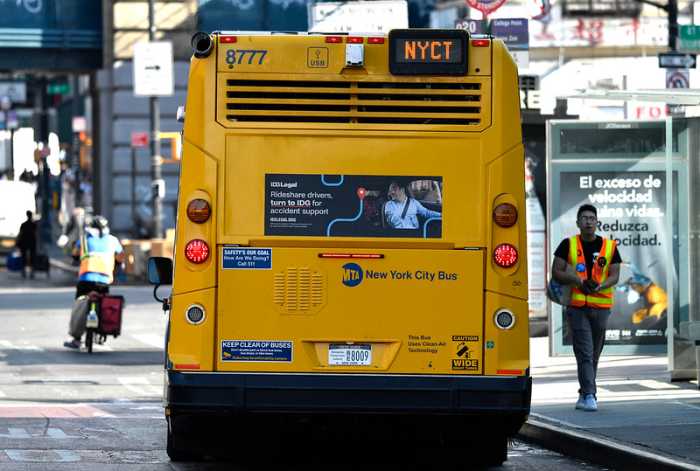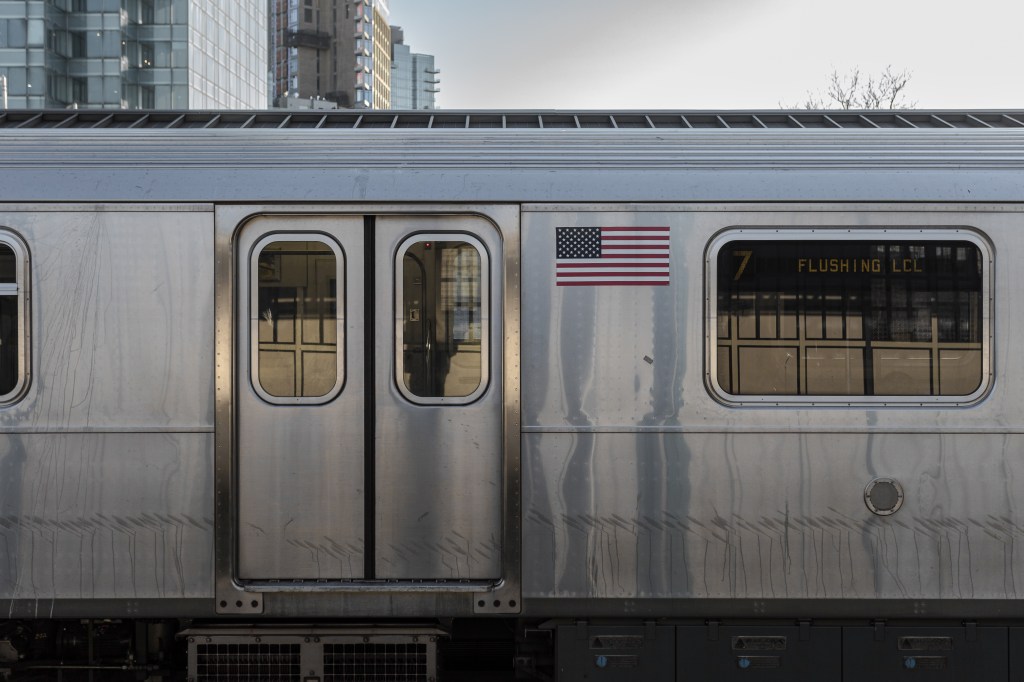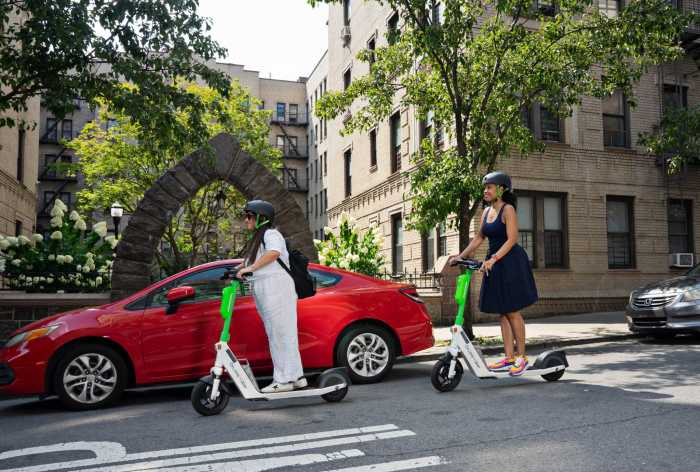By Joe Anuta
Dispatchers were discontinued at the taxi stand in downtown Flushing last week, and the yellow cabs seem to have gone with them.
“There are always yellow cabs here,” said a bewildered Peter Wang, manager of a bookstore right in front of the stand, as he stepped out near the corner of Roosevelt Avenue and Main Street last Thursday.
But the taxi stand was devoid of taxis and some livery cab drivers parked nearby said they knew why.
“They need the coupon,” said driver Ricky Codra. “They don’t come for helping the people. They come to make money.”
Codra was referring to a coupon called a shorty that the yellow cabs would get for picking up commuters at the stand.
The shorty allowed the cabs to skip the line of other taxis waiting to pick up freshly landed fares at LaGuardia and John F. Kennedy International airports. So after dropping off the fare from the taxi stand, the driver would make a beeline to the airport.
“They want the shorty just to go to the airport,” Codra said.
The shorties were given out by dispatchers who performed multiple tasks at the stand, according to Michael Woloz.
Woloz is a spokesman for the Metropolitan Taxicab Board of Trade, a nonprofit yellow cab advocacy organization that funded the dispatcher for 8 1/2 years but had to close it over funding issues.
The board funded the only dispatcher-operated stand outside of Manhattan initially as a pilot program, hoping that it could get another organization to take over the roughly $75,000 per year cost shortly afterward.
But no organization stepped forward, according to Woloz.
But a spokesman for City Councilman Peter Koo (R-Flushing) said the board had ulterior motives for closing the stand.
“We don’t think it’s a funding issue. We think it is yellow cabs pulling up to send a message to the administration that they are against livery cabs picking up street hails,” a spokesman said, referring to a state plan that would legalize the widely-practiced ritual.
But Woloz expressed disappointment that the stand could not find further funding.
“It was a very popular stand for passengers, and people in Flushing really utilized it and really loved it,” he said. “But we found no one wanted to pick up the tab, so to speak, so we kept doing it because we believed in it.”
Another factor that contributed to the stand’s closing was the city Department of Transportation’s decision to move the stand to a location less-visible to commuters exiting the No. 7 train.
According to records kept by dispatchers, it turns out Queens residents were incorporating the cabs into their everyday commutes, Woloz said.
According to data from the roughly 150,000 fares logged over the 8 1/2 years, when the stand was open from 8 a.m. to 8 p.m. during the week and 10 a.m. to 5 p.m. Saturday, more than 95 percent of the trips from the stand were to another neighborhood in Queens, and 2.5 percent were to LaGuardia Airport, according to Woloz.
But Wang, the manager of the book shop, was a little relieved to see the taxis go.
Many of the drivers, who would sit in front of his store for hours during slow periods, would use the bookstore bathrooms to relieve themselves, he said.
Reach reporter Joe Anuta by e-mail at januta@cnglocal.com or by phone at 718-260-4566.




































